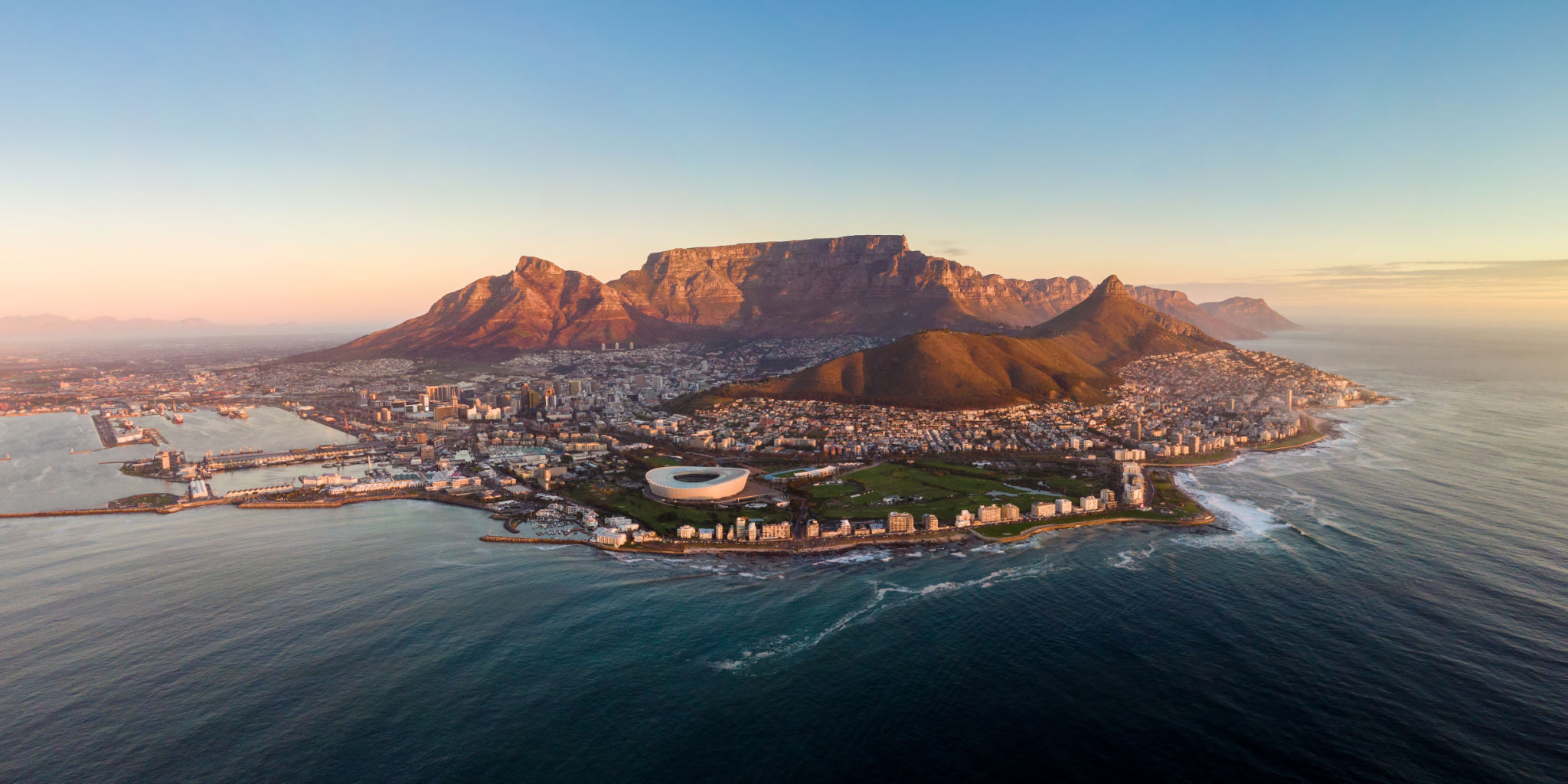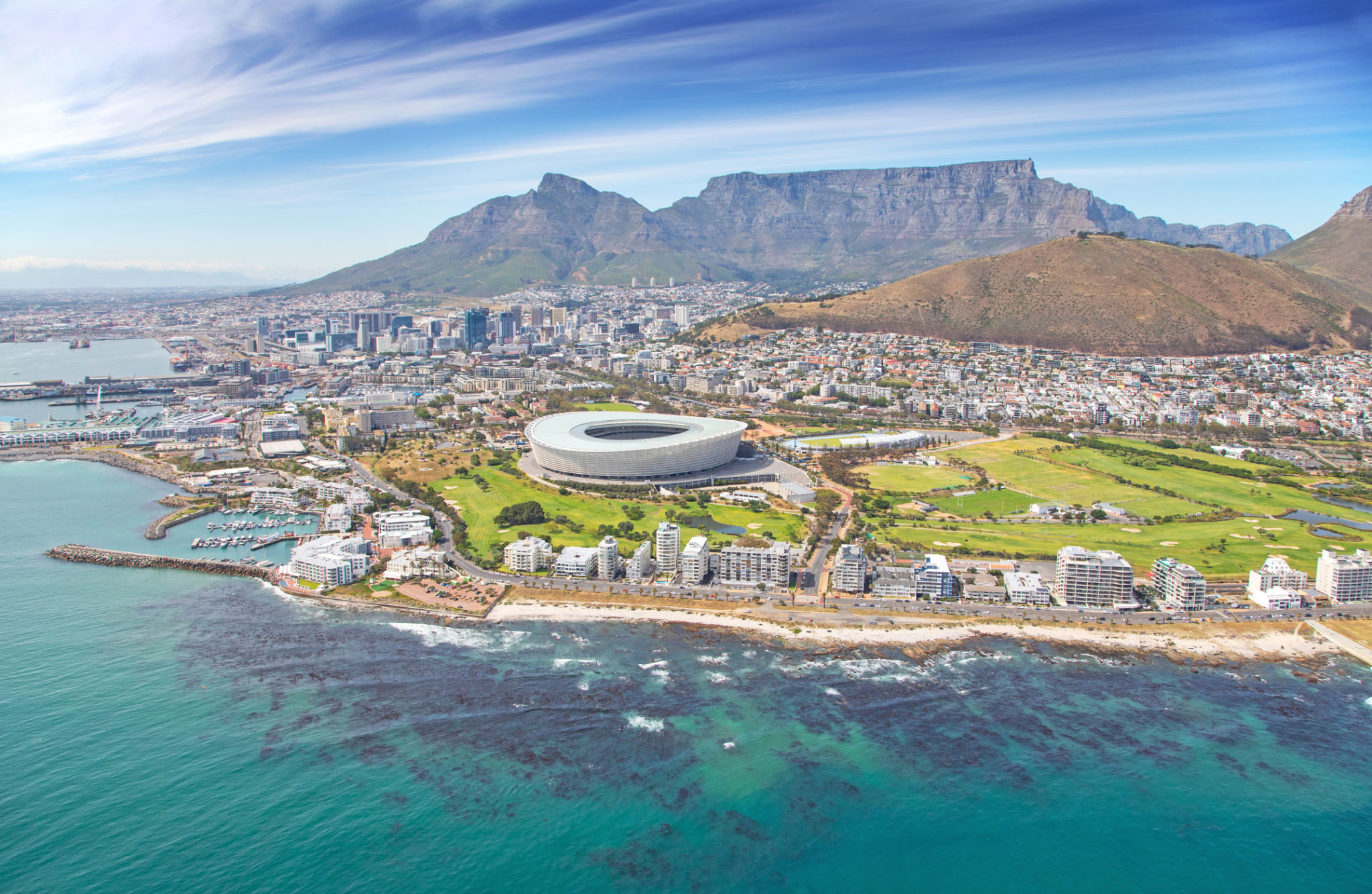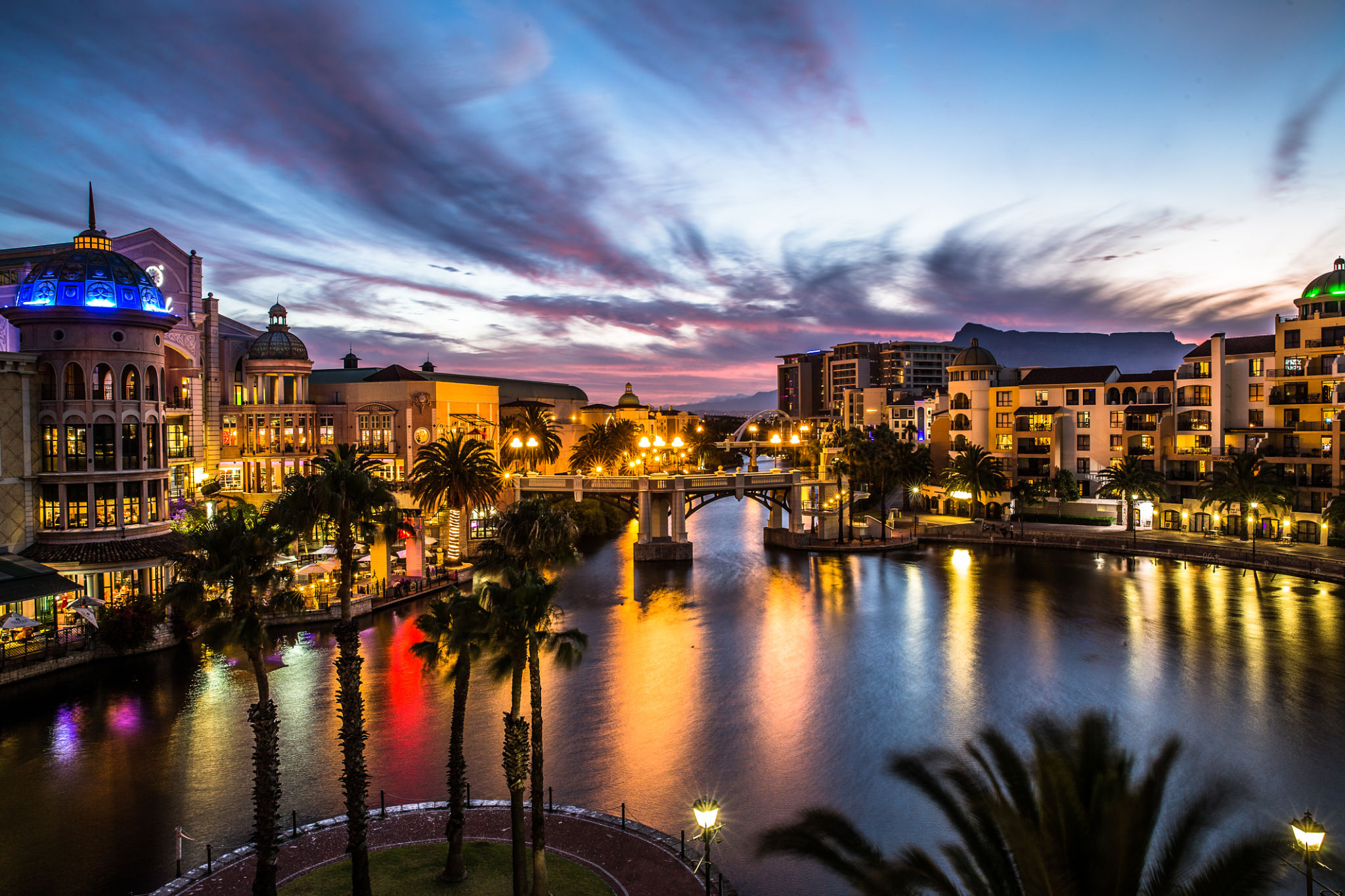Success Stories: Transformative Construction Projects in Cape Town
Introduction to Cape Town's Architectural Evolution
Cape Town, a city known for its breathtaking landscapes and vibrant culture, has been the site of numerous transformative construction projects that have redefined its skyline. The blend of modern architectural marvels with historic buildings showcases the city's commitment to innovation while honoring its rich history. In this blog post, we delve into some of the most successful construction projects that have reshaped Cape Town.

The Iconic Zeitz MOCAA
The Zeitz Museum of Contemporary Art Africa (MOCAA) stands as a beacon of creativity and transformation. This remarkable project involved converting a historic grain silo complex into the largest museum of contemporary African art. The design, led by renowned architect Thomas Heatherwick, preserved the heritage of the original structure while introducing bold, modern elements. The result is a striking fusion of old and new, symbolizing Cape Town's embrace of contemporary culture.
The museum has not only enriched the city's cultural landscape but also revitalized the surrounding V&A Waterfront area, attracting tourists and locals alike. The success of the Zeitz MOCAA project demonstrates the power of innovative design in urban regeneration.
The Green Point Stadium: A World-Class Venue
Originally constructed for the 2010 FIFA World Cup, the Green Point Stadium is a testament to Cape Town's ability to host international events. This state-of-the-art venue boasts a seating capacity of 55,000 and features a unique aesthetic that blends seamlessly with its coastal surroundings. The stadium's design prioritizes sustainability, incorporating energy-efficient systems and environmentally friendly materials.

Since its completion, the Green Point Stadium has hosted a variety of events, from sports matches to concerts, reinforcing Cape Town's status as a global destination for entertainment and leisure. Its success story highlights the importance of multifunctional spaces that serve both the local community and international visitors.
Sustainable Urban Living: The Century City Development
Century City is a prime example of sustainable urban development in Cape Town. This mixed-use precinct combines residential, commercial, and recreational spaces with a strong focus on environmental sustainability. The development includes green buildings, extensive landscaping, and efficient public transport systems to minimize its ecological footprint.
The Century City project has created a thriving community that emphasizes quality of life and environmental responsibility. Its success is evident in its growing popularity among residents and businesses seeking a balanced urban lifestyle.

Conclusion: The Impact of Transformative Projects
Cape Town's transformative construction projects are more than just physical structures; they are catalysts for economic growth, cultural enrichment, and environmental sustainability. These success stories illustrate how thoughtful design and planning can enhance urban living while respecting historical and natural contexts.
As Cape Town continues to evolve, these projects serve as inspiring examples of what can be achieved when innovation meets tradition. They are a testament to the city's commitment to progress and its vision for a future where architecture and environment coexist harmoniously.
